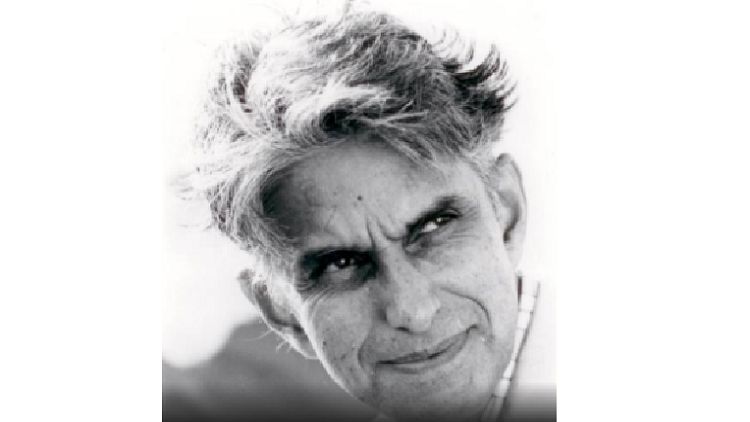
Manjit Thakur / New Delhi
We all know that it’s the brain that tells us sweet from sour flavor and a stench from fragrance. However, most of us don’t know that the coding of taste and smell inside the brain was discovered by an India scientist Obaid Siddiqui.
Professor Siddiqui was a National Research Professor at the National Center for Biological Sciences, Bangalore. He passed away in 2013 at the age of 81 while still working as Professor Emeritus.

Obaid Siddiqui was the founder-director of the Tata Institute of Fundamental Research (TIFR) National Center for Biological Sciences, Banglore. He made fundamental contributions in the field of applied neuro-genetics using the genetics and neurobiology of Drosophila (fruit fly).
Pro. Siddiqui was born in Basti district of Uttar Pradesh in 1932. He did his MSc from Aligarh Muslim University (AMU). He received his PhD in microbial genetics from the University of Glasgow under the direction of Guido Pontecorvo.
He did postdoctoral research with Alan Garen from the Cold Spring Harbor Laboratory and the University of Pennsylvania. His work led to the discovery of stop codons in the genetic code and the process of chain termination during protein synthesis.
He established the Molecular Biology Unit at the TIRF, Mumbai, in 1962. Thirty years later, he became the founding director of the TIFR National Center for Biological Sciences in Bangalore, where he continued his research into the last days of his life.
Siddiqui's study in the field of neurogenetics revealed the link between genes, behavior, and the brain. In the 1970s, his work with Seymour Benzer at Caltech led to the discovery of temperature-sensitive paralyzed Drosophila mutants and the formation and transmission of neural signals. This expanded the scope of the field of neurogenetics.
At TIFR, Siddiqui and his graduate student, Veronica Rodrigues, isolated mutants with odor and taste defects in Drosophila, and also listed their properties.
Siddiqui's work in the field of neurogenetics laid the foundation for understanding how taste and smell are detected in our body and its coding in the brain.
Dr. Siddiqui was a member of the Royal Society, London, besides being the President of the Indian Academy of Sciences. Along with this, he was also a member of the US National Academy of Sciences, Washington and the Third World Academy, Trieste.
He was also a visiting Professor at Yale University, Massachusetts Institute of Technology, California Institute of Technology and Cambridge University.
He was twice awarded the title of Distinguished Scholar at the Sherman Fairchild Caltech and in 2009 the Sir Syed Ahmed Khan International Award for Life Sciences. In 2006, the Government of India honored him with the Padma Vibhushan. In 2004 he received Dr. B.C. The Roy Award was given while the same year AMUAA, New York gave the Sir Syed Life Time Achievement Award. In 1992, he was awarded the Insa Aryabhata Medal. He was conferred the Padma Bhushan in 1984 and before that he was given the Shanti Swarup Bhatnagar Prize in 1976, the Indian equivalent of the Nobel.
Dr. Siddiqui continues to be an inspiration for the youth of the country even today in the field of scientific studies and research.
